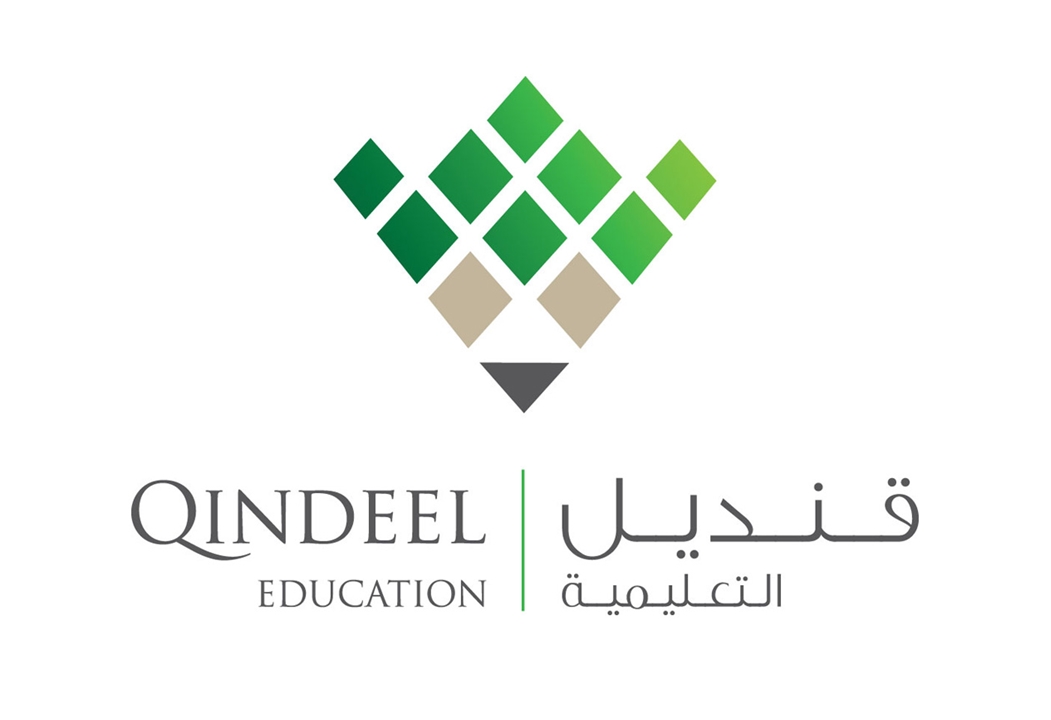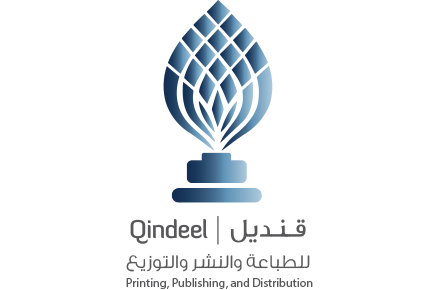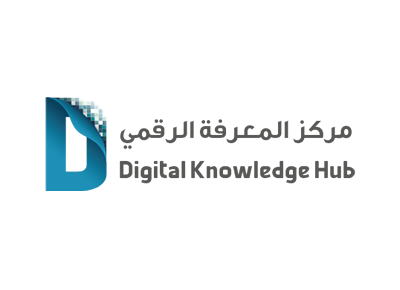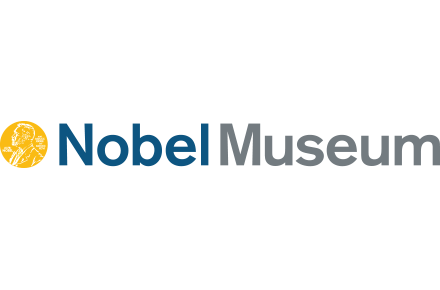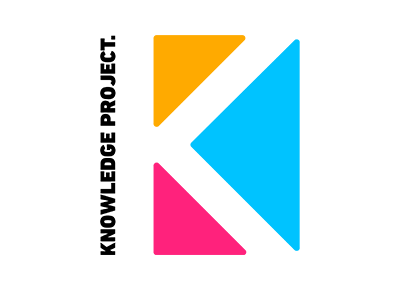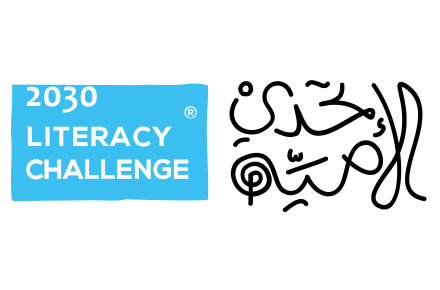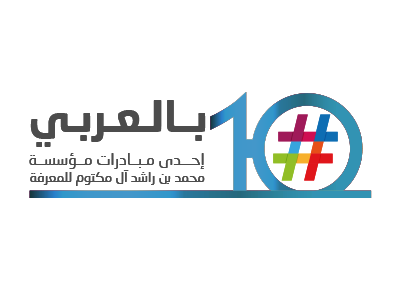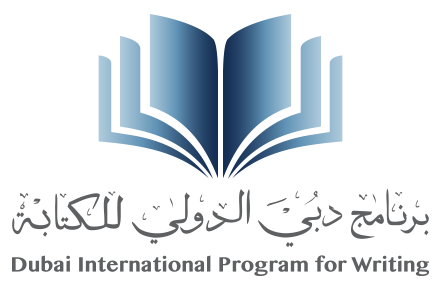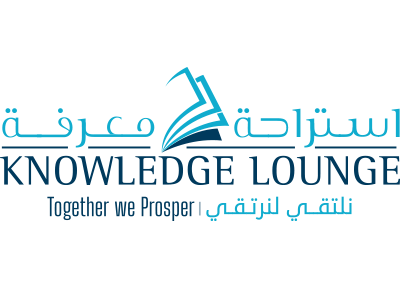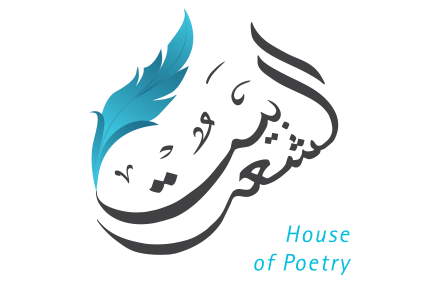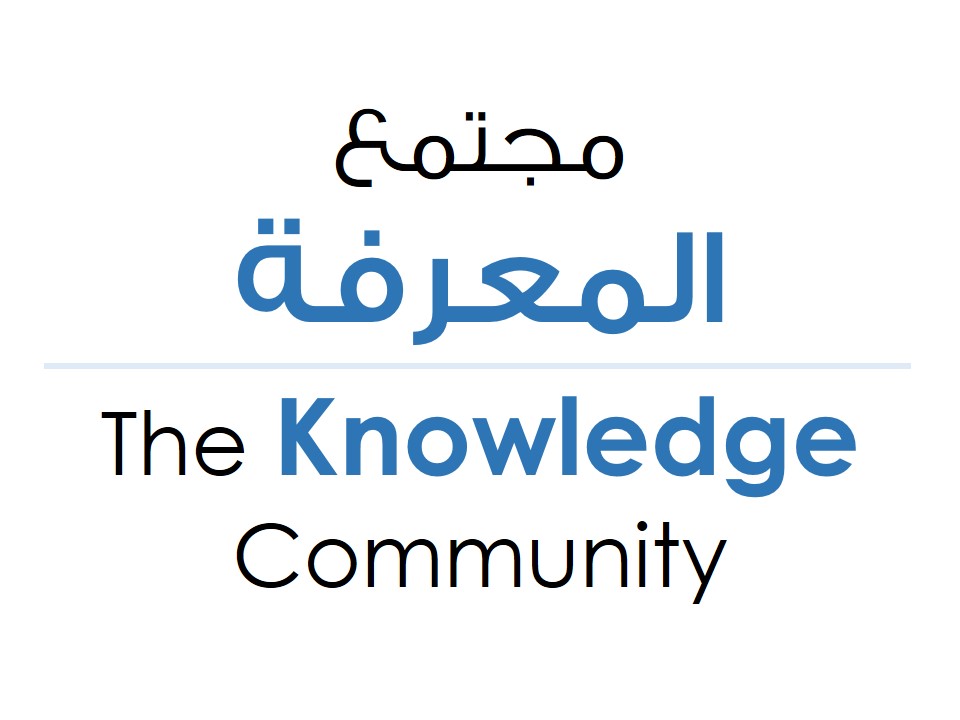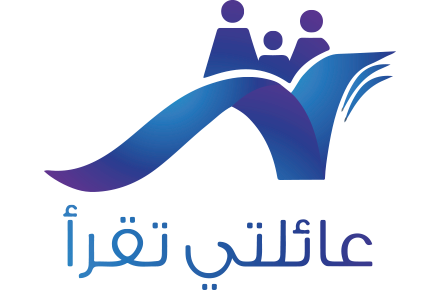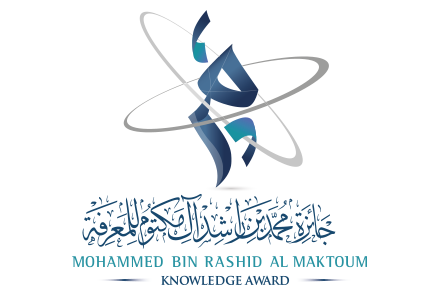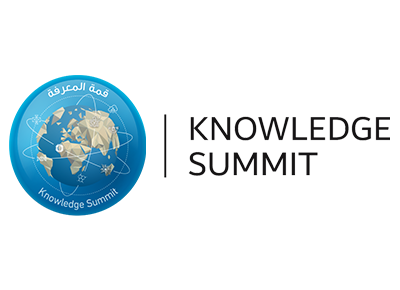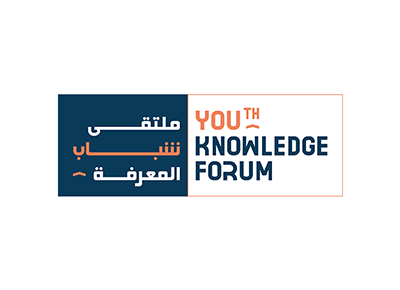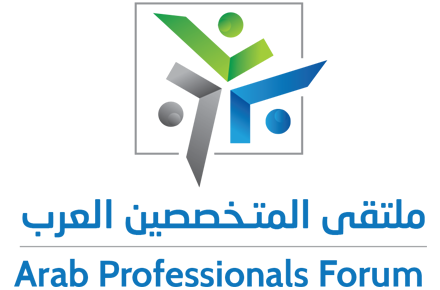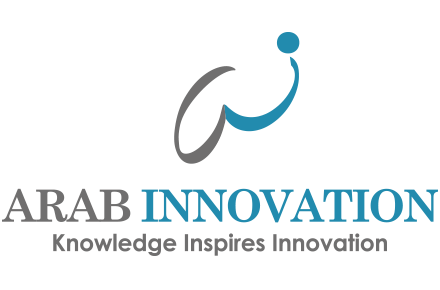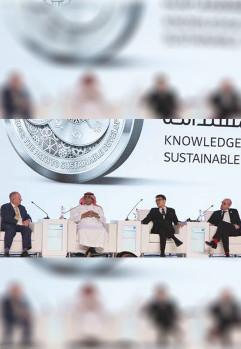MBRKA 2019 Laureates: Education and Knowledge Key for Positive Disruption
Day one of the 6th Knowledge Summit concluded with a panel discussion with the winners of the Mohammed bin Rashid Al Maktoum Knowledge Award (MBRKA).
The award went to three winners, namely; Saudi Aramco which was represented by its Chairman of Knowledge Management and Innovation Boards Dr. Jami l Al-Bagawi; Singapore’s National Institute for Education (NIE) with its Director Prof. Christine Goh accepting the Award; and Henrik von Scheel, Originator of Industry 4.0 (the Fourth Industrial Revolution).
Khalid Al-Onaizi, the Vice Chairman of Saudi Aramco’s Knowledge Management Board said, the company incentivizes knowledge sharing to encourage employees to invest their time in learning.
“With over 60,000 employees, Saudi Aramco follows a different approach for knowledge sharing and has appointed 20 managers for our knowledge program,” he asserted.
NIE’s Chief Planning Officer Prof. Chang Chew Hung underlined the importance of educating teachers which he said is the core focus for NIE. Singapore has 360 schools employing 34,000 teachers all of whom were trained by NIE. The institute, which aims to bridge research, theory, and practice, has international collaborations in 64 countries and works towards making the teachers of today future-ready.
The man behind Industry 4.0, Henrik von Scheel, said humankind needs to rethink the age-old ideas of economics and productivity to sustain itself.
“We, as a generation, are at the crossroads of change and we have 10 years to find alternatives to conventional energy sources to survive,” he said. “Everything around us needs to be interconnected; digitalization is the way forward.”
Von Scheel presented a 30-year to-do list for humankind noting that the consumption of natural gas and coal needs to decline by 62% by 2050; renewables like wind and solar need to make up 97% of energy needs and 90% of protein needs to be cultured meat. “Dubai can take the lead in building smart cities because of its ‘can-do’ attitude,” he said.
He stressed that “the revolution in the digital technologies will impose a new reality that requires us to work together as individuals, institutions and governments to address the challenges accompanying these fundamental changes on the level of productivity that no longer covers the needs of steady population growth, and set frameworks to address these challenges.”
“As for the role of the institutions, it is to establish a new and innovative infrastructure system, change the prevailing agricultural practices, and provide zero carbon emissions transportation. As for the role of individuals, it is to change their habits to preserve the environment, and to promote afforestation to restore the vitality of oxygen production by expanding forest conservation,” added Von Scheel.
Khalid Al-Onaizi said that the Aramco’s knowledge heritage spans over 70 years, and since its inception worked to enhance and preserve knowledge as the main engine for the growth and development of human cadres.
He emphasized their adoption of an effective strategy that includes a focused work unit and a proactive knowledge platform that enriches the knowledge of the work teams. In addition, they depend on modern technologies in various aspects of their work. They also possess optimal knowledge programs that contribute to changing the mentality of employees in the company and instill in them the foundations of sustainability.
The revolution in the digital technologies will impose a new reality
that requires us to work together as individuals, institutions
and governments to address the challenges accompanying these
fundamental changes.


